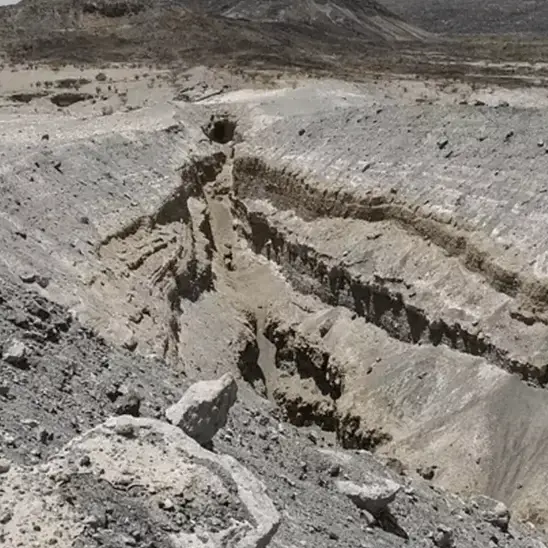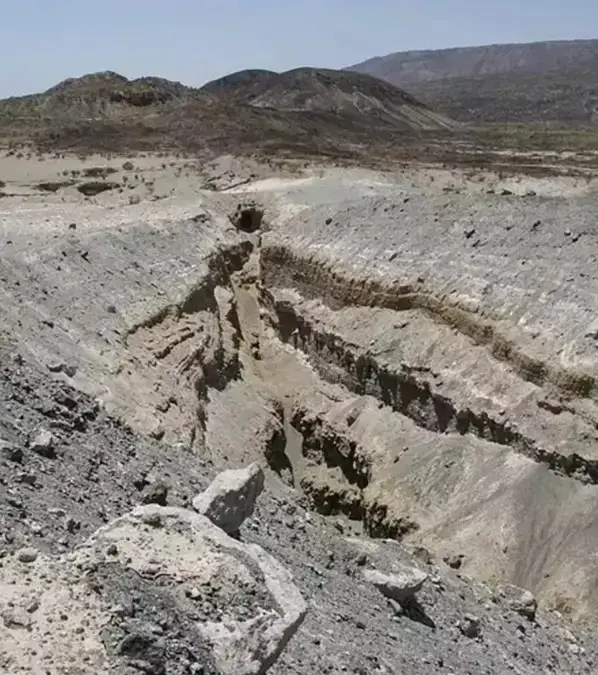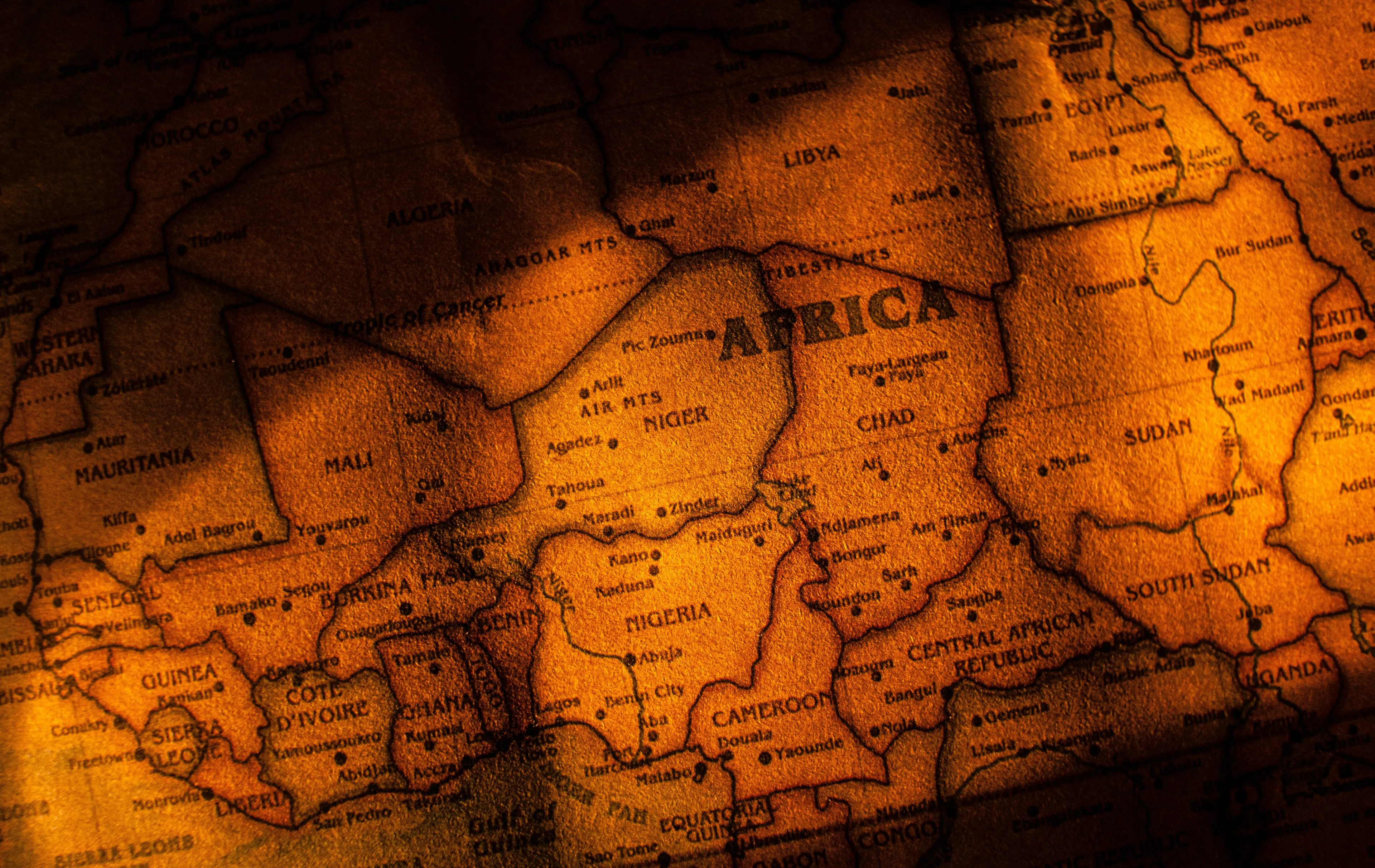
Photographs taken earlier this year showed the momentous sight of Africa beginning to split.
Julie Rowland from the University of Auckland captured the photos showing two massive sections of land in Kenya gradually pulling apart, with a new ocean emerging between them.
If the separation continues, experts project that African countries like Zambia and Uganda may eventually have their own coastlines.
The gap, called the East African Rift System (EARS) is expanding as tectonic plates pull away from each other. It stretches for thousands of miles through Kenya, Ethiopia, the Democratic Republic of the Congo, Rwanda, Uganda, Burundi, Zambia, Tanzania, Malawi and Mozambique.
Advert
And one day, East Africa will break off entirely and form its own continent and a new ocean will run through the gap, according to scientists.

However, this isn't expected to happen for another million years from now.
“We had never seen something like this,” Cynthia Ebinger, a geologist at Tulane University told Popular Mechanics. “This kind of thing happens regularly on the seafloor, but it was the first known example on land.”
A study published in the journal Geophysical Research Letters pinpointed where this process began, where the African, Arabian, and Somali tectonic plates have been slowly shifting away from each other.
The new body of water is forming along a 35-mile-long crack which appeared in Ethiopia in 2005.
Christopher Moore, a Ph.D. doctoral student at the University of Leeds, used satellite radar technology to track volcanic activity in the East African region, around the rift.

Moore told NBC News: “This is the only place on Earth where you can study how continental rift becomes an oceanic rift.”
For the past 30 million years, the Arabian plate has been slowly moving away from the African continent.
The gap is growing ever so slowly as the Arabian plate is moving away from Africa at a rate of approximately one inch per year.
Meanwhile, the African and Somali plates are separating even more slowly, moving at an estimated rate of around 0.2 to 0.5 inches per year.
Ken Macdonald, a marine geophysicist and professor emeritus based at the University of California, explained how this process unfolds: "With GPS measurements, you can measure rates of movement down to a few millimetres per year.
“As we get more and more measurements from GPS, we can get a much greater sense of what’s going on.
"The Gulf of Aden and the Red Sea will flood in over the Afar region and into the East African Rift Valley and become a new ocean, and that part of East Africa will become its own separate small continent.”